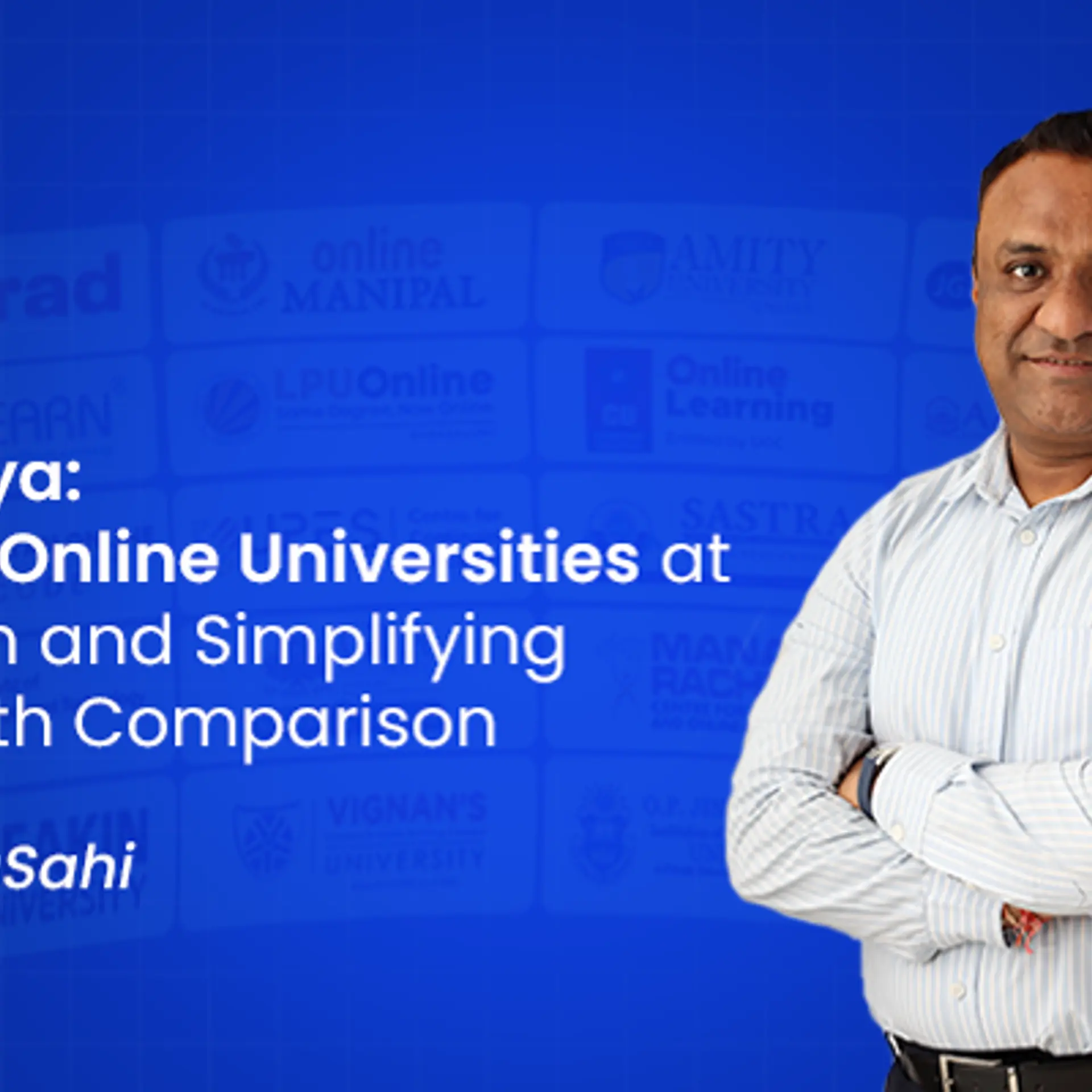[RAISE 2020] How this researcher is helping in early detection of COVID-19 and other pulmonary diseases
A researcher and academician at SASTRA Deemed to be University, Sasikala Devi has developed LungXpert, an affordable AI-based prognostic tool for early detection of cardiovascular and pulmonary disease including COVID-19.
At the start of 2020, coronavirus was spreading fast in the West. After the first positive case of COVID-19 in India was confirmed on January 30, many private and public institutions were looking for best ways to prevent, detect, and contain the spread of the novel coronavirus – which would be declared a pandemic two months later in March.
From the labs of SASTRA Deemed to be University in Thanjavur, Tamil Nadu, Sasikala Devi who holds a PhD in Computer Science, started working on a diagnosis tool kit for COVID-19, shifting her focus from deep learning in cryptocurrency to healthcare for the first time.
Her efforts have culminated into LungXpert, an affordable AI-based prognostic tool for early detection of cardiovascular and pulmonary disease including COVID-19 infection, which is a respiratory disease.
Winning an award in the special category at RAISE 2020, a five-day virtual global AI summit organised by the Ministry of Electronics and IT, Minister Ajay Sawhney said her innovation in rapid detection is “phenomenal.”
She is also one of the winners of MyGov COVID-19 Shri Shakti Challenge, a contest to develop solutions to tackle COVID-19.
How it works

Sasikala decided to use her expertise in deep learning and AI technology after learning that a major portion of India’s COVID-19 diagnosis tool kit like the swab test was imported. Her aim was to build an affordable diagnosis solution.
The researcher and academician started with radiologist images like CT Scan and MRI but switched to X-Rays as a more viable option for a population as large as India’s.
The LungXpert prototype was designed using more than five lakh X-Rays as datasets from Stanford University. It uses image recognition technology on black and white X-rays to provide early detection of various cardiovascular and pulmonary diseases.
But not all X-ray images are of the same quality; they have varying degrees of radiation and the images must be evened out by image enhancing before feeding them to the system.
Sasikala says the current prototype can be improvised by feeding the data of Indian population. She says winning the RAISE 2020 challenge puts her in a good position to receive approvals from the Government of India to access data from Indian hospitals like All India Institute of Medical Sciences (AIIMS).
While X-Rays can only show if the lung is infected and which area, the system is trained to understand and verify the kind of pulmonary or cardiovascular infection a person has and provide visual data for the same.
This includes two cardiovascular diseases; cardiomediastinum and cardiomegaly and eight common pulmonary diseases among Indians; lung opacity, lung lesion, pulmonary edema, Atelactasis, pneumothorax, pleural effusion, rib fracture, and pneumonia.
This is in addition to detecting COVID-19 at 90 percent accuracy, higher than the swab testing method, which has shown 78 percent rate of accuracy, says Sasikala.
To be used by clinical persons, the patient’s X-Ray will be studied to provide severity results on a scale of 0 to 10. “Even for asymptomatic people, it will show COVID-19 infection but the severity rate will be low. X-Ray is one of the most accurate ways to detect COVID-19,” she adds.
Once the data of Indian population is obtained, the researcher says diagnosis for a single disease like COVID-19 or lung opacity will be ready in six months while training the system for multiple classification of the diseases would take two years.
She has also published 42 research works in various international journals.

Dr Sasikala says she does not wish to commercialise the product and hand it over to the government of India after completion.
Challenges and the way forward
Sasikala says motivation to work on the diagnosis project became stronger after her father was diagnosed with COVID-19 and she saw two other patients succumb to the disease.
When she started working on her toolkit, the nationwide lockdown became a minor challenge. She was juggling her daily classes and research work and felt the lack of manpower as deep learning involves system training.
Under normal circumstances, she says, scholars at her lab and students would help keep track of the training process. At present, she is able to access her lab resources only once a week at the university.
On the brighter side, she says RAISE 2020 has provided more visibility to her project, which would pave way for more collaboration, “hopefully, pulmonologists from a government hospital,” she adds.
Sasikala states that she does not wish to commercialise the product or collaborate with private industries and will hand it over to the Government once it is complete with data on Indian population.
Post that, she says primary care centres with X-Ray facilities will be capable of early detection of cardiovascular and pulmonary diseases including lung cancer (lung opacity) and COVID-19.
Edited by Rekha Balakrishnan


![[RAISE 2020] How this researcher is helping in early detection of COVID-19 and other pulmonary diseases](https://images.yourstory.com/cs/4/211ccaf00e6d11e997fe8f165dce9bb1/Untitleddesign-2020-10-13T103650-1602565616631.png?mode=crop&crop=faces&ar=2%3A1&format=auto&w=1920&q=75)






